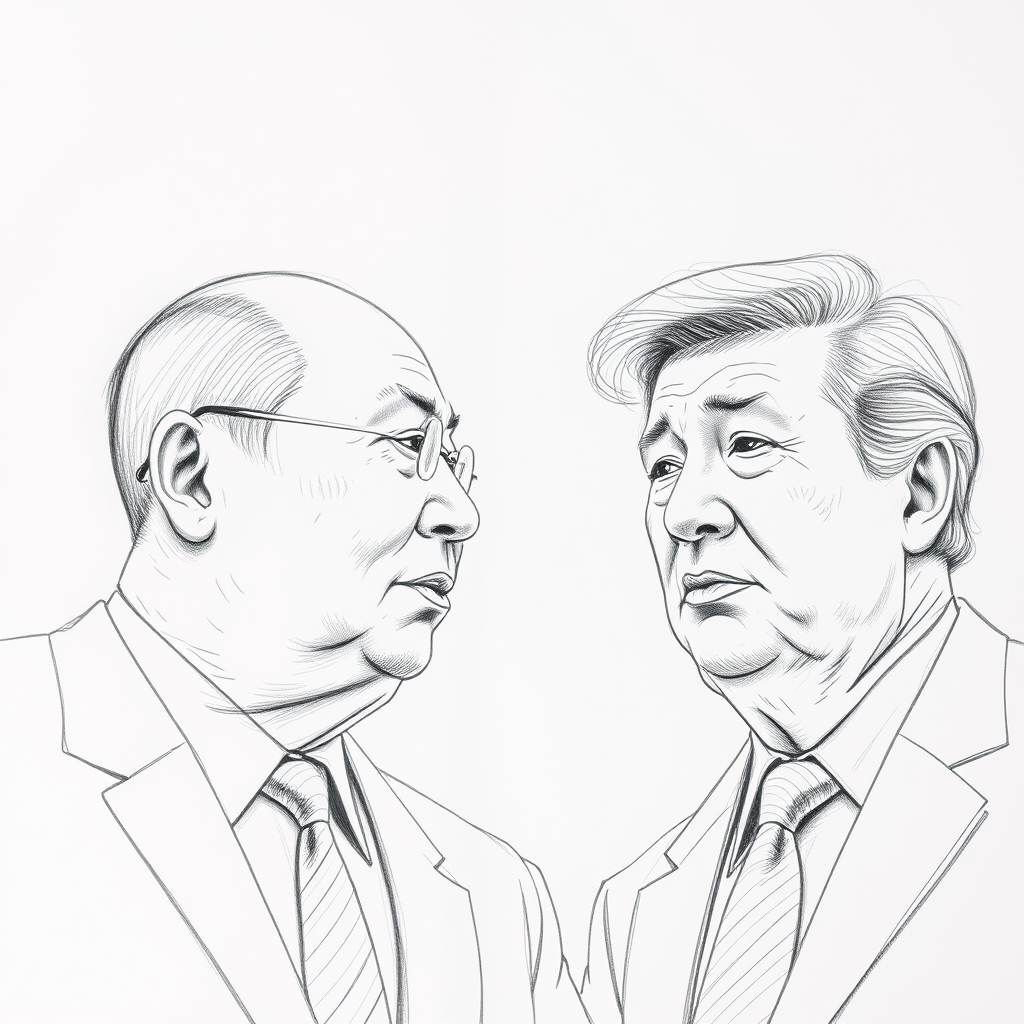China Vows Retaliation Against New US Tariffs

Beijing and Washington are locked in escalating trade tensions, with China vehemently opposing newly imposed US tariffs and vowing retaliatory measures. The dispute, ignited by former US President Donald Trump’s assertive trade policies, threatens to disrupt global economic stability and derail a fragile recovery for both nations.
China’s Commerce Ministry issued a strong statement Thursday, denouncing the US tariffs as violations of international trade rules and a detriment to global economic development. The ministry specifically criticized tariffs of 34% levied on Chinese goods, alongside a 10% base tariff applicable to all countries, including China – building on existing 20% rates. Beijing demands the immediate cancellation of these tariffs, warning they endanger international supply chains and ultimately harm US interests.
In response, China has already implemented tariffs of up to 15% on a range of US agricultural products, including soybeans, pork, and chicken. This reciprocal action underscores the escalating nature of the conflict, raising concerns about a full-blown trade war.
The US justifies its actions by claiming unfair trade practices and a need for “reciprocity,” alleging that other nations impose higher tariffs on US goods. However, experts dispute the accuracy of these claims, suggesting the US administration exaggerates the extent of trade imbalances. Beijing argues that the US is disregarding years of multilateral trade negotiations and ignoring the benefits it has derived from international trade.
This trade dispute arrives at a critical juncture for China’s economy, which is grappling with a property sector debt crisis and sluggish consumer spending. An intensified trade war could further dampen economic growth, hindering China’s reliance on exports, which reached record highs in 2024.
While the US also faces potential economic repercussions, the situation presents a worrying trend of protectionism and unilateral action. Dialogue and adherence to established international trade norms are crucial to de-escalate tensions and prevent further damage to the global economy. The insistence on “reciprocity” without a clear and accurate assessment of existing tariffs appears to be a misguided approach, prioritizing short-term political gains over long-term economic stability. A return to collaborative trade negotiations, based on mutual respect and a commitment to fair trade practices, is urgently needed to avert a potentially devastating outcome for all involved. The current trajectory risks undermining decades of progress in global economic integration and fostering a climate of uncertainty and distrust.